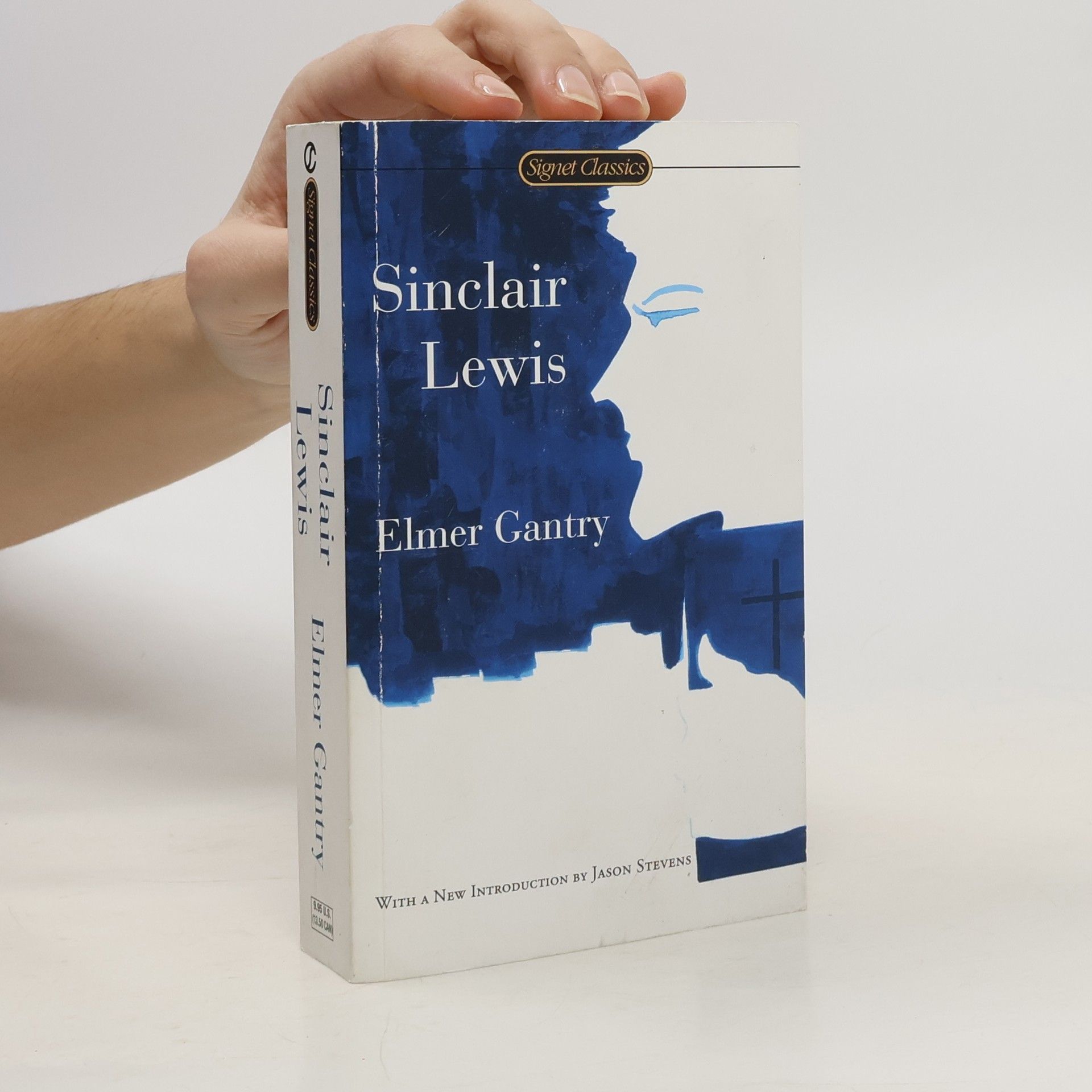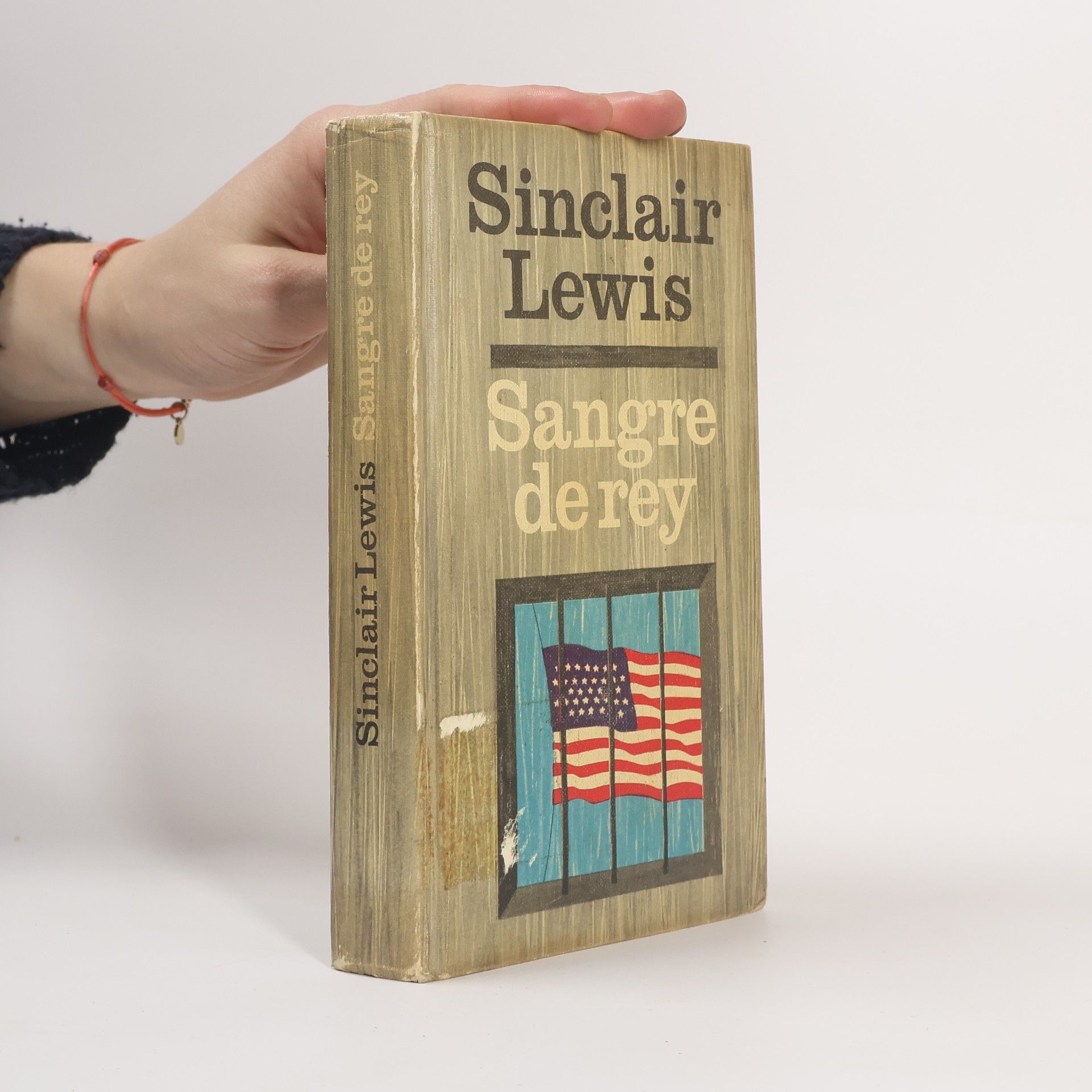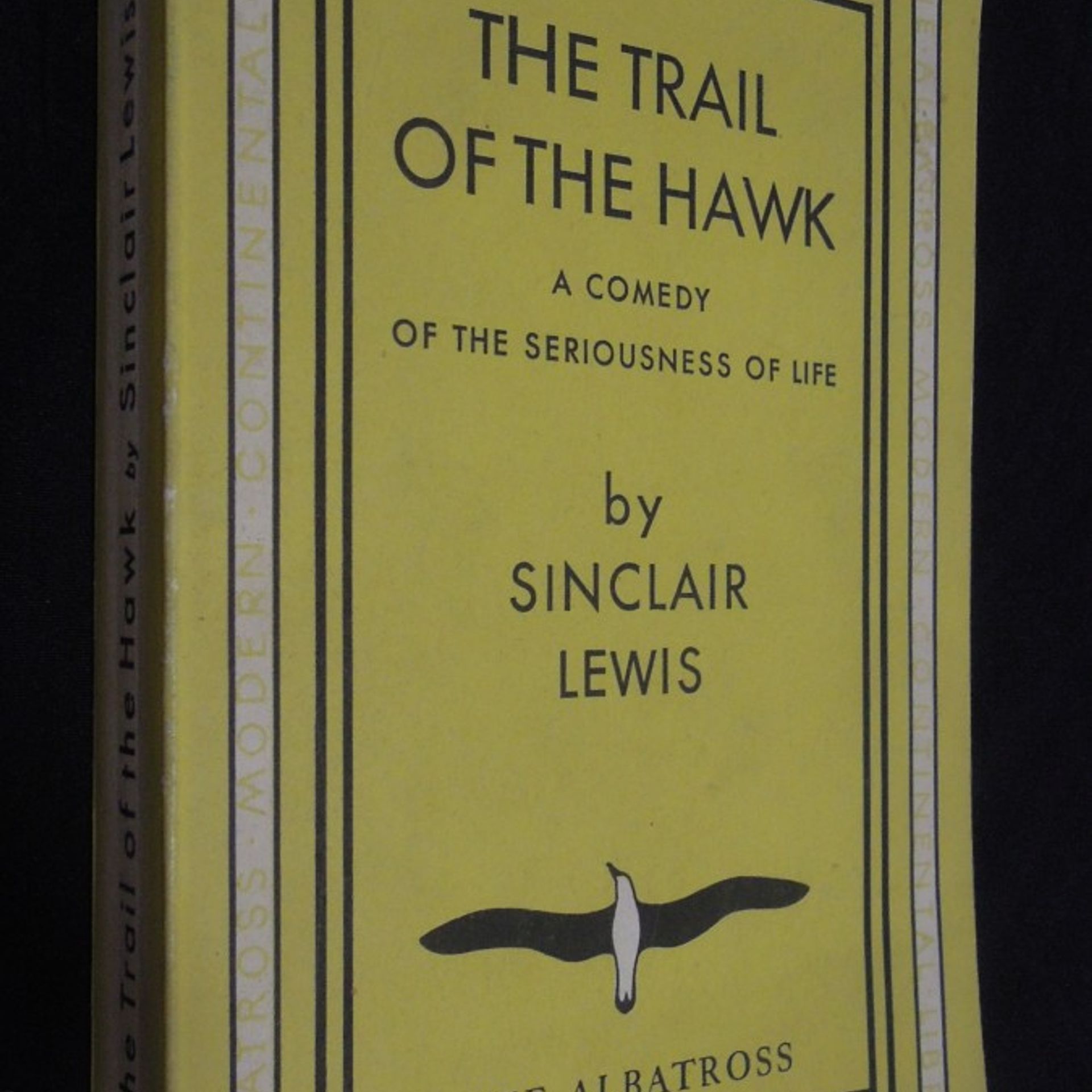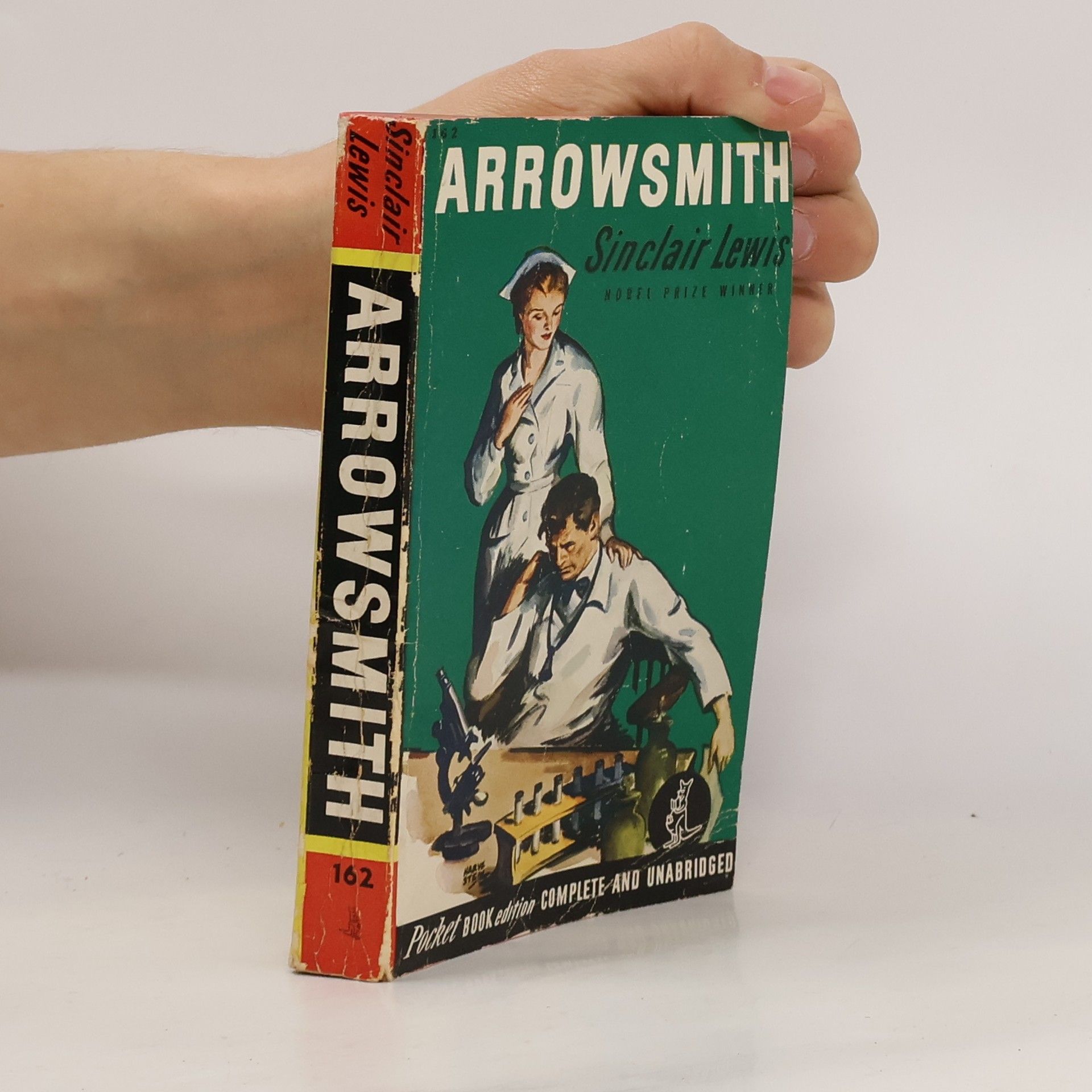Sinclair Lewis Libros
Este galardonado con el Premio Nobel de Literatura es célebre por su vigoroso y gráfico arte de la descripción y su habilidad para crear nuevos tipos de personajes con ingenio y humor. Sus obras ofrecen visiones perspicaces y críticas del capitalismo y el materialismo estadounidenses de entreguerras. También es respetado por sus sólidas caracterizaciones de mujeres trabajadoras modernas. Su enfoque de la escritura ha sido descrito como un 'tornado pelirrojo de las tierras salvajes de Minnesota', lo que refleja su estilo enérgico y vívido.







Set in the early 20th century, this novel follows the life of Mr. Wrenn, a mild-mannered and romantic man navigating the complexities of urban life. His journey is marked by whimsical adventures and encounters that challenge his gentle nature. Through Wrenn's experiences, Sinclair Lewis explores themes of individuality, societal expectations, and the search for love in a rapidly changing world. This work not only showcases Lewis's early literary talent but also sets the stage for his later, more renowned writings.
Free Air
- 220 páginas
- 8 horas de lectura
Longing for authenticity beyond her privileged socialite life, Claire Boltwood embarks on a transformative road trip with her father from New York City to the Pacific Northwest. As they navigate the open road, Claire challenges early 20th-century gender norms by taking the wheel. Their journey introduces them to new experiences and everyday struggles, culminating in car trouble that leads them to a small town. There, Claire meets mechanic Milt Daggett, and their unexpected connection sparks personal growth and change for both, proving that chance encounters can be life-altering.
A neglected tour de force by the first American to win the Nobel Prize in literature, Kingsblood Royal is a stirring and wickedly funny portrait of a man who resigns from the white race. When Neil Kingsblood a typical middle-American banker with a comfortable life makes the shocking discovery that he has African-American blood, the odyssey that ensues creates an unforgettable portrayal of two Americas, one black, one white.As timely as when it was first published in 1947, one need only open today's newspaper to see the same issues passionately being discussed between blacks and whites that we find in Kingsblood Royal , says Charles Johnson. Perhaps only now can we fully appreciate Sinclair Lewis's astonishing achievement.
Elmer Gantry
- 496 páginas
- 18 horas de lectura
Sinclair Lewis’ world-famous satire of religious hypocrisy and the excesses of the Roaring ʼ20s. Universally recognized as a landmark in American literature, Elmer Gantry scandalized readers when it was first published, causing Sinclair Lewis to be “invited” to a jail cell in New Hampshire and to his own lynching in Virginia. His portrait of a golden-tongued evangelist who rises to power within his church—a saver of souls who lives a life of duplicity, sensuality, and ruthless self-indulgence—is also the record of a period, a reign of grotesque vulgarity, which but for Lewis would have left no trace of itself. Elmer Gantry has been called the greatest, most vital, and most penetrating study of hypocrisy that has been written since the works of Voltaire. With an introduction by Jason Stevens
Navigating the clash between traditional immigrant values and his own free-spirited ideals, Carl Ericson faces challenges after being expelled from college. Struggling to conform to the rigid workplace of the 20th century, he becomes a restless vagabond, feeling unfulfilled until he discovers a passion for aviation. As he embraces this risky career, earning the nickname "Hawk," he grapples with the dangers of flying. Ultimately, Carl must reconcile his desire for independence and entrepreneurship while exploring a new romantic relationship, all while confronting his past choices.
Babbitt
- 328 páginas
- 12 horas de lectura
Businessman George F Babbitt loves the appliances, brand names and the Republican party. But Babbitt comes to resent the middle class trappings he has worked so hard to acquire. Realising that his life is devoid of meaning, he grows determined to transcend his trivial existence and search for a greater purpose.
New annotated edition of Arrowsmith, the third major novel by Sinclair Lewis, author of Main Street and Babbitt, and arguably his most ambitious work.
Recognized for his incisive critique of American capitalism and materialism, Harry Sinclair Lewis made history as the first American to win the Nobel Prize in Literature in 1930. His writing features vivid descriptions and a unique blend of wit and humor, showcasing a diverse array of characters, particularly strong portrayals of modern working women. Esteemed critic H. L. Mencken praised him as a true novelist, highlighting his distinctive voice and talent that set him apart in American literature during the interwar period.


